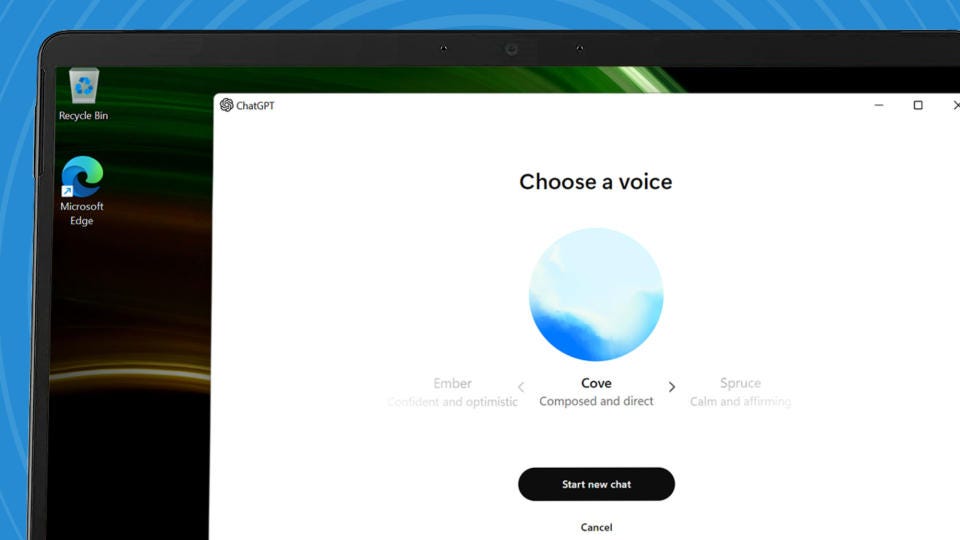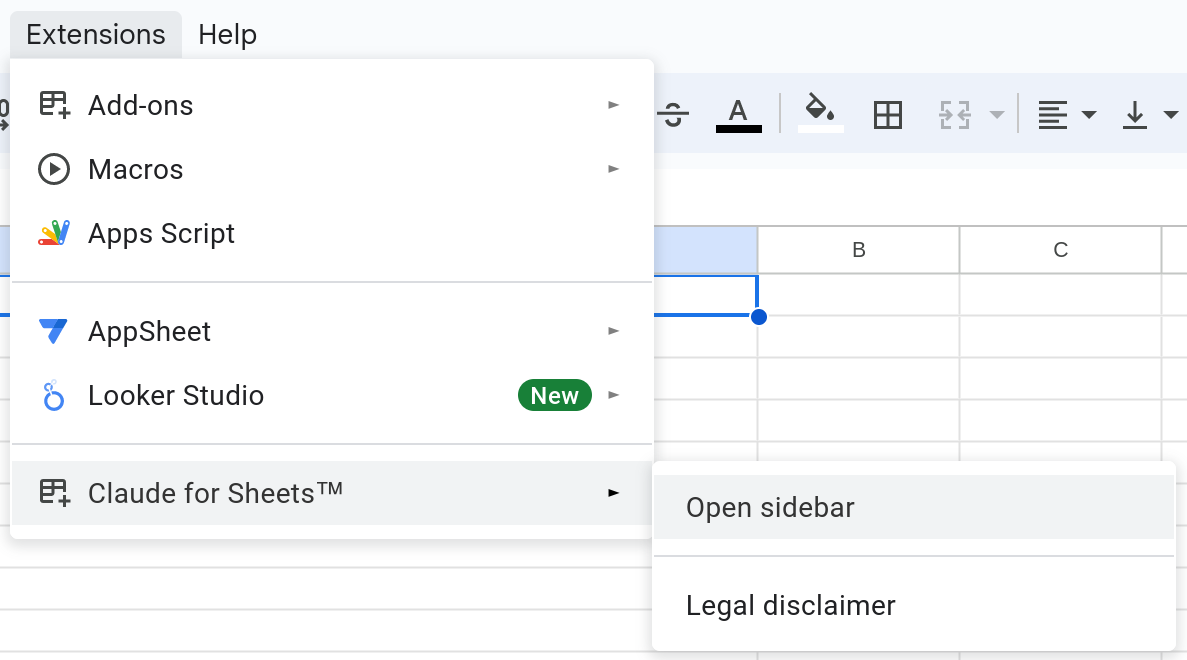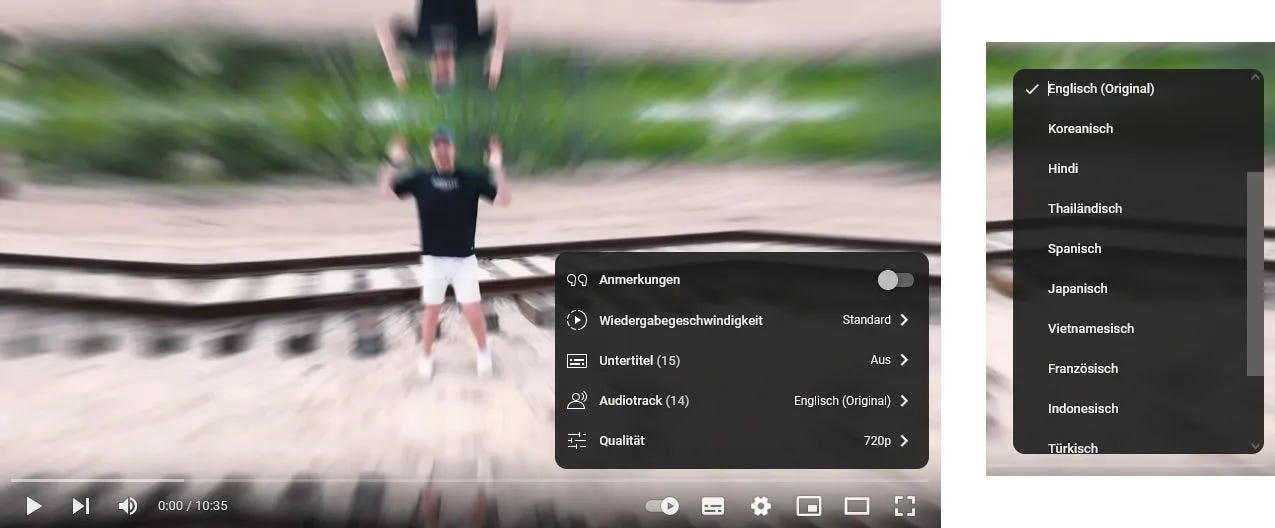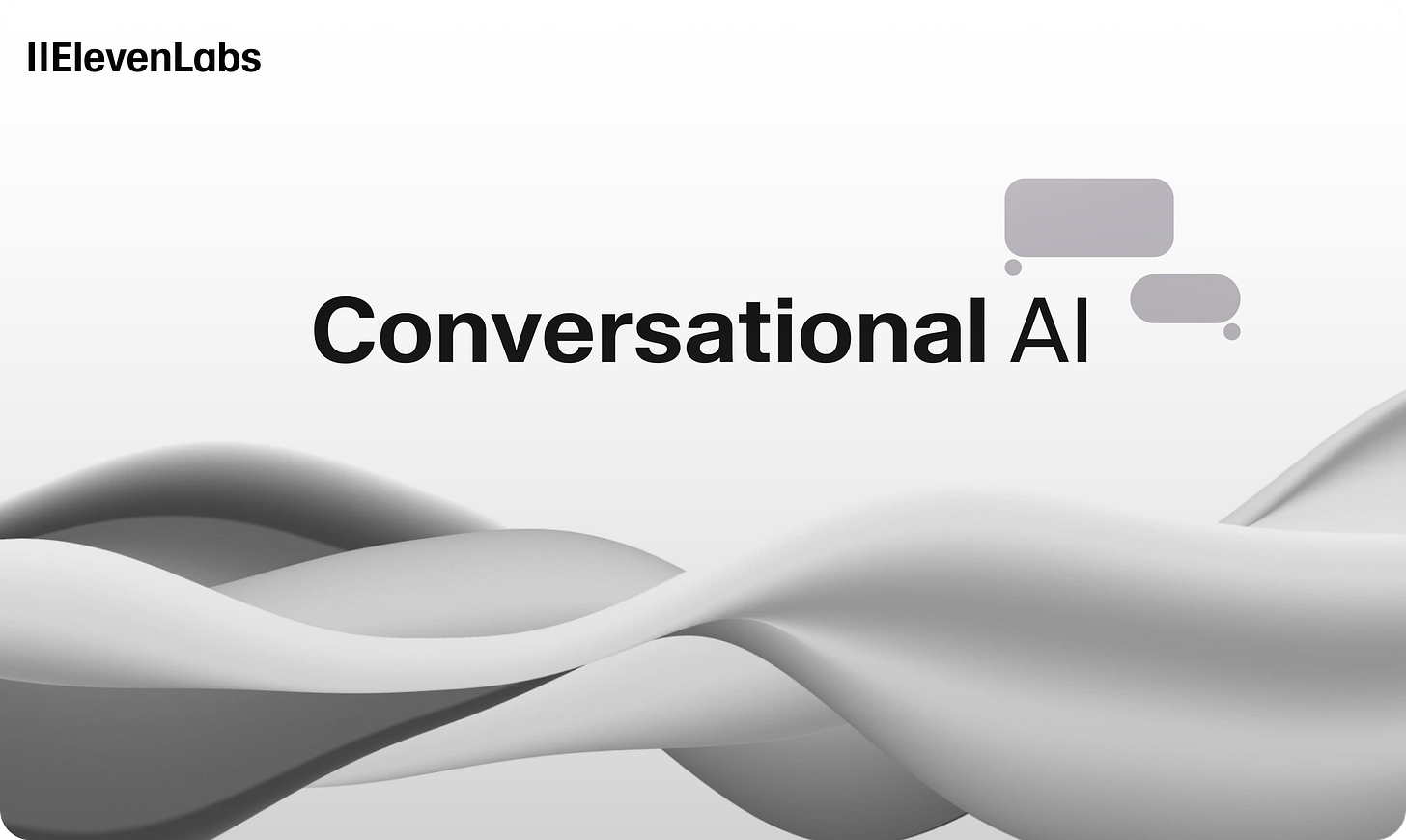AI Innovations Roundup: From Voice Cloning to Advanced Chatbots
Exploring the Latest AI Innovations: Voice Features, Memory Enhancements, and More
In the ever-evolving landscape of artificial intelligence, recent developments have brought forth a wave of exciting features and improvements across various platforms. From enhanced voice capabilities to more intelligent chatbots, the AI industry continues to push boundaries and redefine user experiences. Let's dive into the latest advancements that are shaping the future of AI technology.
ChatGPT's Advanced Voice Mode Comes to Web
OpenAI's ChatGPT has been at the forefront of AI innovation, and its latest update brings the much-anticipated advanced voice mode to web browsers. Previously available only on mobile and desktop applications, this feature is now rolling out to ChatGPT paid users, including Plus, Enterprise teams, and Edge subscribers[1].
The announcement, made by Kevin Wheel on social media, indicates that the feature will be accessible at chat.gpt.com for eligible users. While the rollout is gradual, with some users already having access, others may need to wait a bit longer to experience the new voice capabilities in their browser[1].
This expansion of voice features to the web version of ChatGPT marks a significant step in making AI interactions more accessible and natural across different platforms. Users can look forward to a more seamless and intuitive way of communicating with the AI assistant directly through their web browsers.
GPT-4 Creative Writing Upgrade
OpenAI has also announced an update to the GPT-4 model, focusing on enhancing its creative writing abilities. The latest version boasts improvements in generating more natural and engaging content, with a particular emphasis on tailoring writing to improve relevance and readability[1].
Key enhancements include:
- More natural and engaging writing style
- Improved relevance and readability in generated content
- Better handling of uploaded files, providing deeper insights and more thorough responses
While the changes may be subtle to some users, especially those who frequently use other AI platforms, the update represents OpenAI's commitment to continually refining and improving their language models.
ChatGPT's Upcoming Live Camera Feature
Exciting news for ChatGPT users: the long-awaited live camera functionality appears to be on the horizon. Initially teased in a demo video showcasing advanced voice features, the ability for ChatGPT to see and interpret live video has been discovered in the code of the latest beta version[1].
The discovered code hints at several new capabilities:
- Live camera functionality
- Real-time processing
- Voice mode integration
- Visual recognition capabilities
This development suggests that ChatGPT will soon be able to interact with users' real-world environments, offering a more immersive and context-aware AI experience. The integration of visual input could open up new possibilities for assistance in various fields, from education to troubleshooting and beyond.
Claude's Google Drive Integration
Anthropic's AI assistant, Claude, has received a notable update with the integration of Google Drive. This new feature allows users to directly add documents from their Google Drive accounts into conversations with Claude[1].
The integration process is straightforward:
1. A new Google Drive button appears in the Claude interface
2. Users can access recent files or search for specific documents within their Drive
3. Selected files can be seamlessly incorporated into the conversation, similar to the drag-and-drop functionality
This addition enhances Claude's utility, especially for users who rely heavily on Google Drive for document storage and collaboration. It streamlines the process of referencing and analyzing documents within AI-assisted conversations.
Google's Gemini Memory Feature
Google's Gemini AI has introduced a memory feature, catching up with ChatGPT's ability to remember information across conversations. This update allows Gemini to retain and recall user preferences and important details, leading to more personalized and context-aware interactions[1].
Key aspects of the Gemini memory feature include:
- Ability to save and recall user information
- Option to add information manually or ask Gemini to remember specific details
- Customizable preferences for language use, dietary restrictions, and response styles
Examples of information that can be saved include:
- Language preferences (e.g., "Use simple language and avoid jargon")
- Dietary restrictions (e.g., "I'm a vegetarian, so don't suggest recipes with meat")
- Translation requests (e.g., "Include a Spanish translation after responding")
- Travel planning preferences (e.g., "Include the cost per day when trip planning")
- Coding language preferences (e.g., "I can only write code in JavaScript")
- Response style preferences (e.g., "I prefer short, concise responses")
Users can also provide personal information such as name, career, and location to further personalize Gemini's responses. This feature is currently available in English, with potential expansions to other languages in the future.
YouTube's Automatic Dubbing
In a groundbreaking move for content creators and viewers alike, YouTube is rolling out an automatic dubbing feature. This new functionality will automatically translate and dub videos into multiple languages without requiring any additional effort from the content creator[1].
The initial language offerings for automatic dubbing include:
- Spanish
- Portuguese
- German
- French
- Italian
- Hindi
- Indonesian
- Japanese
This development has the potential to dramatically increase the reach of content creators, effectively multiplying their audience by making their videos accessible to viewers who speak different languages. For YouTube creators, this means that every piece of content they produce could potentially reach an audience up to ten times larger than their current viewership.
DeepSeek R1 Light: A New Contender in AI Models
DeepSeek, a Chinese AI company, has introduced a new model called DeepSeek R1 Light that aims to compete with OpenAI's GPT-3.5 and GPT-4 models. This model is designed to think through problems before providing responses, similar to OpenAI's approach[1].
Notable features of DeepSeek R1 Light include:
- Improved performance in math and coding tasks compared to the GPT-3.5 model
- Ability to process complex queries and provide thoughtful responses
- Potential to challenge OpenAI's dominance in certain AI benchmarks
While the full capabilities of this model are still being explored, its emergence signifies the growing competition in the AI model space and the potential for new players to drive innovation in the field.
Mistral's Le Chat: A Free ChatGPT Alternative
French AI company Mistral has updated their chatbot, Le Chat, with new features that rival those of paid AI assistants. Le Chat now offers a range of capabilities that were previously associated with premium AI services, all available for free[1].
New features in Le Chat include:
- Web search capabilities with citations
- Vision capabilities for image analysis
- Ideation tools for creative brainstorming
- Advanced coding assistance
- Canvas for visual ideation and inline editing
- State-of-the-art document and image understanding
- Image generation powered by Stability AI's Stable Diffusion XL
These updates position Le Chat as a compelling alternative to paid AI assistants, offering a comprehensive suite of tools for users who may not want to invest in subscription-based services.
Microsoft's AI Innovations
Microsoft's recent Ignite event showcased several AI-related announcements and updates, demonstrating the company's commitment to integrating AI across its product ecosystem.
Deal with HarperCollins for AI Training
Microsoft has signed a deal with HarperCollins, a major book publishing company, to gain permission for training AI models on their books. This move reflects a growing trend of AI companies seeking explicit permission for using copyrighted content in AI training, likely in response to recent lawsuits and controversies surrounding the use of such material[1].
The agreement involves HarperCollins obtaining permission from individual authors, highlighting a more cautious and legally sound approach to AI model training. This partnership could set a precedent for how AI companies interact with content creators and publishers in the future.
Windows Recall Feature
Microsoft has officially launched the Windows Recall feature, first announced at the Microsoft Build event earlier this year. This feature acts as a comprehensive history tool for your entire computer, allowing users to revisit and recall their activities across various applications[1].
Key aspects of Windows Recall:
- Available on Co-pilot PCs with Snapdragon chips
- Requires Windows 11 Insider Preview build
- Allows users to scroll through their computer history by date
- Includes a search function for finding specific moments
- Offers privacy controls, including the ability to pause recording and delete specific moments
- Can be completely disabled for users concerned about privacy
The feature aims to enhance productivity by allowing users to easily revisit and reference their past work across different applications and time periods.
Click Todo Feature
Microsoft has introduced a new AI-powered feature called Click Todo, which provides users with various options when clicking on an image. This feature integrates AI capabilities directly into the Windows user interface[1].
Click Todo options include:
- Visualizing search with Bing
- Blurring the background of photos
- Erasing objects from images
- Removing backgrounds with Paint
This feature demonstrates Microsoft's efforts to integrate AI tools more seamlessly into everyday computing tasks, making advanced image editing and search capabilities more accessible to general users.
Teams Voice Cloning
Microsoft Teams is set to introduce a voice cloning feature that promises to revolutionize multilingual communication. This technology will allow users to speak in their native language while having their voice translated and localized for the listener, maintaining the speaker's original voice characteristics[1].
This feature has significant implications for international business communication, potentially breaking down language barriers while preserving the personal touch of individual voices.
11 Labs' Conversational AI Agents
11 Labs has introduced a new feature for building conversational AI agents, expanding their offerings beyond voice synthesis. This tool allows users to create customized AI characters with specific personalities, knowledge bases, and voices[1].
Key features of 11 Labs' conversational AI agents:
- Customizable agent language and initial prompts
- Choice of large language models, including Gemini 1.5 Flash, GPT-4, Claude, and others
- Adjustable temperature settings for response variability
- Option to add custom knowledge bases
- Integration of web hooks for additional tools
- Voice selection, including user-trained voices
This development positions 11 Labs as a more comprehensive AI solution provider, offering tools not just for voice synthesis but also for creating interactive AI characters for various applications.
Conclusion
The rapid pace of AI development continues to bring exciting new features and capabilities to users across various platforms. From enhanced voice interactions and multilingual support to advanced chatbots and AI-powered productivity tools, these innovations are reshaping how we interact with technology.
As AI becomes more integrated into our daily lives, we can expect to see even more groundbreaking developments in the near future. The competition among AI companies is driving innovation, leading to more sophisticated, accessible, and user-friendly AI tools.
While these advancements bring numerous benefits, they also raise important questions about privacy, data usage, and the ethical implications of AI. As users and developers, it's crucial to stay informed about these developments and consider their broader impacts on society.
The AI landscape is evolving rapidly, and staying up-to-date with these changes will be key for individuals and businesses looking to leverage the power of AI in their personal and professional lives. As we move forward, the potential for AI to enhance our capabilities and streamline our daily tasks seems boundless, promising an exciting future at the intersection of human creativity and artificial intelligence.







